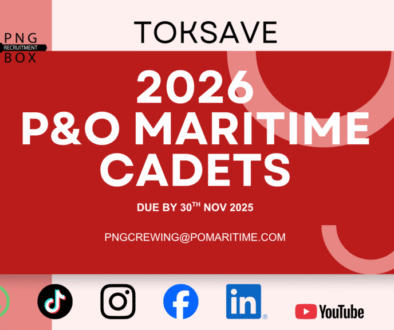Choosing the Right Entity Type for Your PNG Businesses
Understanding the different entity types available in Papua New Guinea is crucial when starting a business. The Investment Promotion Authority (IPA) offers four primary options: Business Name, Company, Business Group, and Association.
Each type has its own unique characteristics and is suited to different business models.
1. Business Name
A Business Name is ideal for sole traders or small businesses that engage in a single type of activity. For instance, if you want to start a small retail shop, you would register a Business Name for that specific purpose. It’s important to note that you cannot use the same Business Name for multiple activities.
Key Points:
- Single Activity: Limited to one type of business.
- Annual Renewal: Requires annual renewal to maintain validity.
- Lower Cost: Relatively inexpensive to register.
2. Company
A Company is a separate legal entity that can engage in multiple business activities. It’s suitable for larger businesses or those with complex structures. A Company requires directors and shareholders who are responsible for its management and ownership.
Key Points:
- Multiple Activities: Can undertake various business activities.
- Legal Entity: Separate legal entity from its owners.
- Annual Returns: Obligated to file annual returns.
- Higher Cost: More expensive to register and maintain.
3. Business Group
A Business Group is designed for rural-based businesses, often family-owned or clan-based. It’s a unique entity type that allows for collective ownership and management.
Key Points:
- Rural-Based: Primarily for rural businesses.
- Collective Ownership: Owned by a group of individuals.
- Annual Statement: Required to file an annual statement of assets and liabilities.
4. Association
An Association is a non-profit organization established to achieve a common goal. It’s not designed for profit-making activities but can set up subsidiary entities like Business Names or Companies to generate income to support its operations.
Key Points:
- Non-Profit: Focuses on social or community goals.
- No Profit-Making: Cannot engage in profit-making activities directly.
- Subsidiary Entities: Can establish subsidiary entities to generate revenue.
Choosing the Right Entity
When selecting an entity type, consider the following factors:
- Nature of Business: What type of business activity will you be engaged in?
- Scale of Operations: How large do you anticipate your business to grow?
- Ownership Structure: Who will own and manage the business?
- Liability: How much personal liability do you want to expose yourself to?
- Tax Implications: What are the tax implications of each entity type?
By carefully considering these factors, you can choose the most suitable entity type for your PNG business.
For more specific advice and assistance, it’s recommended to consult with a legal professional or the IPA. This is just a general toksave.
Source: Shared with us via WhatsApp
REMEMBER! When applying for a job, it’s crucial to include a cover letter that clearly outlines your interest in the position and your suitability for the role, along with an updated curriculum vitae. Here are 5 valuable tips on crafting emails that grab attention and get read, as well as advice on structuring your CV to make a strong impression. By following these guidelines, you can enhance your application and increase your chances of landing the job you desire.
Discover more from PNG Recruitment Box
Subscribe to get the latest posts sent to your email.




